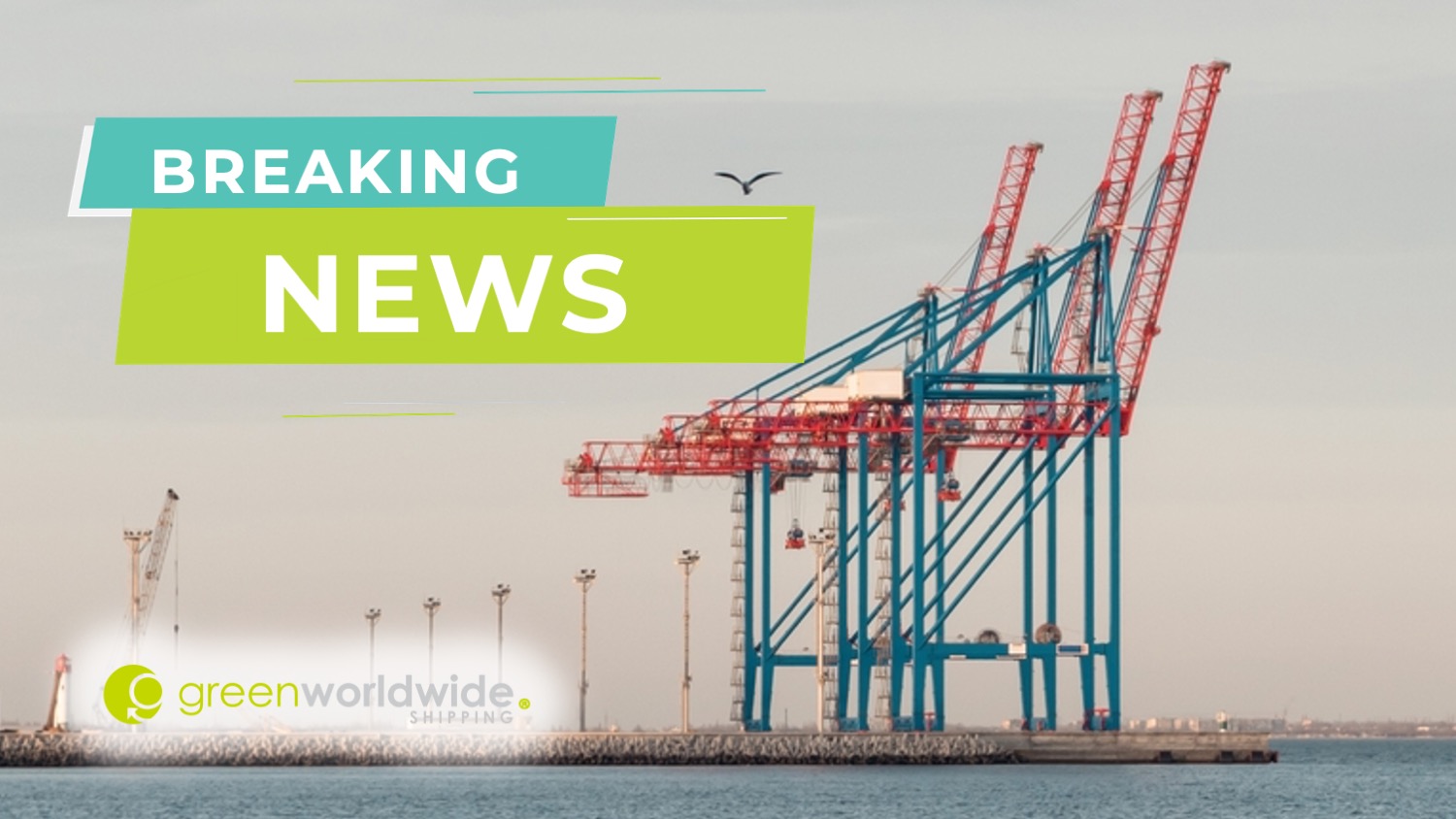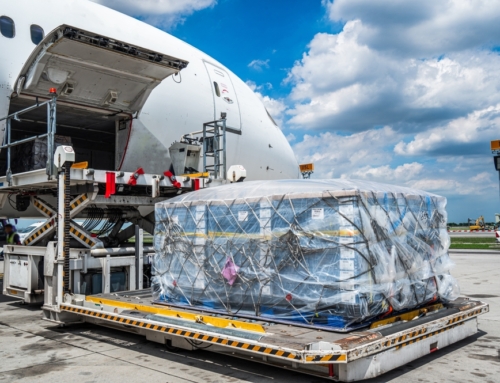The International Longshoreman Association’s (ILA) contract with the United States Maritime Alliance (USMX) will expire on September 30, 2024, and without a new agreement, a strike could begin on October 1, 2024. This would have widespread impacts on ports along the U.S. East Coast and Gulf Coast, which collectively handle over 50% of U.S. containerized imports and exports.
The affected ports include:
- Port of New York/New Jersey
- Port of Savannah
- Port of Charleston
- Port of Miami
- Port of Houston
- Port of Virginia
- Port of Baltimore
- Port of Jacksonville
- Port of Mobile
USMX Update: The United States Maritime Alliance (USMX) has stated that despite multiple attempts to restart negotiations, no new meetings have been scheduled with the ILA. The alliance has offered substantial wage increases and the retention of current automation terms, but discussions remain deadlocked.
Federal Mediation Efforts: The U.S. Department of Labor and the Federal Mediation and Conciliation Service (FMCS) have reached out to both parties, but mediation can only begin with mutual agreement. As of this week, no progress has been reported on this front. Federal law allows the President to intervene using the Taft-Hartley Act, forcing workers back to the ports, though this is seen as unlikely due to the political ramifications of such a move during an administration that has shown strong union support.
Emergency Surcharges from Carriers: Ocean carriers have begun announcing emergency port charges, work disruption surcharges, and port congestion surcharges in anticipation of delay ranging from $800 to over $3700 per container.
Economic Impact Projections: According to financial analysts, a strike could cost the U.S. economy over $5 billion per day, disrupting supply chains and causing significant delays in trucking, rail, and warehouse operations.
Port Congestion: East Coast ports are already seeing congestion due to increased imports and the return of empty containers. Any strike could exacerbate these challenges, leading to weeks or months of delays in clearing backlogs.
Domestic Impact: A strike would result in 4-6 weeks of delays for shipments, and Container Freight Stations (CFS) would face a backlog of work. Trucking and rail operations, essential for moving goods inland, would be significantly impacted, leading to increased costs and longer transit times.
Stay up-to-date on freight news with Green’s Weekly Freight Market Update by following us on LinkedIn. For continuous updates, make sure to check out our website at greenworldwide.com.






